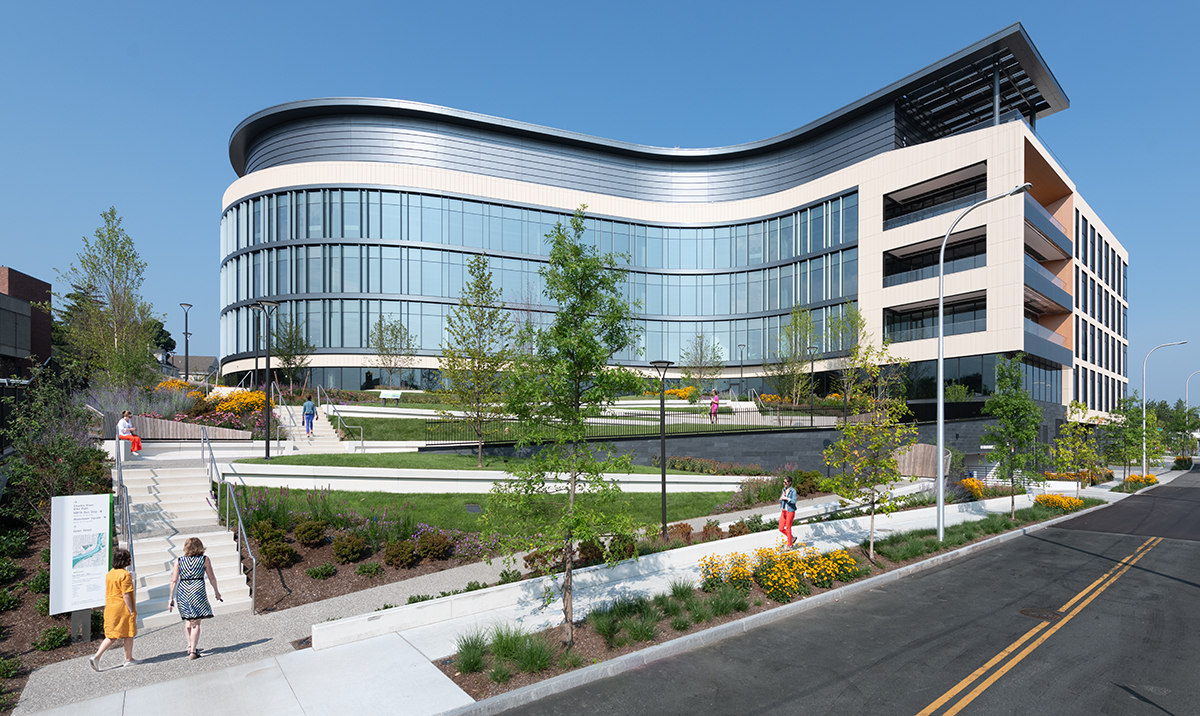Incubators vs. Shared Laboratories: Finding the Best Fit for Your Biotech Startup
.avif)
When starting a biotech company, understanding the distinctions between incubators, accelerators, and shared laboratories is crucial. Although these terms are often used interchangeably, they represent different approaches to supporting emerging biotechs.
The Incubator and Accelerator Model
Incubators and accelerators typically require startups to undergo a rigorous application process. Once accepted, these programs provide a residency for a limited period of time, usually between 12 to 18 months. The focus is on getting up and running and moving swiftly to “graduation”, after which companies are encouraged – and sometimes required – to move out to make way for new startups. The success of these incubator and accelerator programs is often measured by the number of companies they "spin out."
In addition, incubators and accelerators are well suited for first-time and relatively inexperienced founders. Incubators offer programs walking you through the basics of company formation, initial hiring, how to sign NDAs, and other early steps. For scientists coming out of an academic lab to create their first company, incubators are a great fit.
This model, while beneficial for some, can be challenging for others. The pressure to graduate quickly from these incubators and the instability of frequent moves can disrupt a startup's scientific progress. In addition, incubators often take equity stakes in their companies as a form of payment. While this might seem like a favorable deal initially, it can be highly dilutive and risky. Early equity is valuable, and having an investor with significant influence can complicate decision-making and introduce additional risks if the relationship sours. If you are having problems with your laboratory or the equipment, are you really comfortable having that tough conversation with a group that’s also an investor?
The Shared Laboratory Advantage
In contrast, shared laboratories provide a more flexible and scalable environment for biotech startups. There is no overly complicated application process or forced graduation timeline. Companies can continue to operate within the shared lab space as long as needed, even into critical phases like clinical development.
Shared laboratories are superior because they offer a stable, multi-year home that minimizes the disruptions caused by frequent relocations. This stability and continuity allow startups to focus on their core mission without the added stress of finding new facilities every year or two.
As some of Labshares tenants have stated, “Labshares is a place where serious biotechs come to get stuff done”. At a shared lab, the environment is professional and sophisticated. Shared labs foster a space scientists can collaborate and share ideas, drawing on the extensive experience of their peers from both academia and industry. This collaborative atmosphere ensures that when researchers encounter challenges, they have access to a wealth of knowledge and expertise to help overcome them
In addition, shared laboratories typically operate on a straightforward licensing model rather than taking equity. This approach preserves the founders' equity and avoids the complications of having an investor deeply embedded in operational decisions.
Choosing the Right Path for Your Biotech Startup
When deciding between an incubator, accelerator, or shared laboratory, consider your startup’s specific needs and long-term goals. If your needs are to be in a very short-term home, to get help with some of the basics of company formation, and to operate in a highly structured program, an incubator might be the right choice. However, if you value flexibility, stability, and retaining full control over your company, a shared laboratory could be the better option.
At Labshares, we believe in providing a supportive and scalable environment that allows biotech startups to thrive on their own terms. Our shared laboratory model ensures that you have the space and resources you need without the pressure of premature graduation or equity dilution. We are committed to being a long-term partner in your success, offering a stable home for your research and development efforts.
Related or similar articles

Labshares Newton Launches Near Capacity and Announces Expansion Plans


